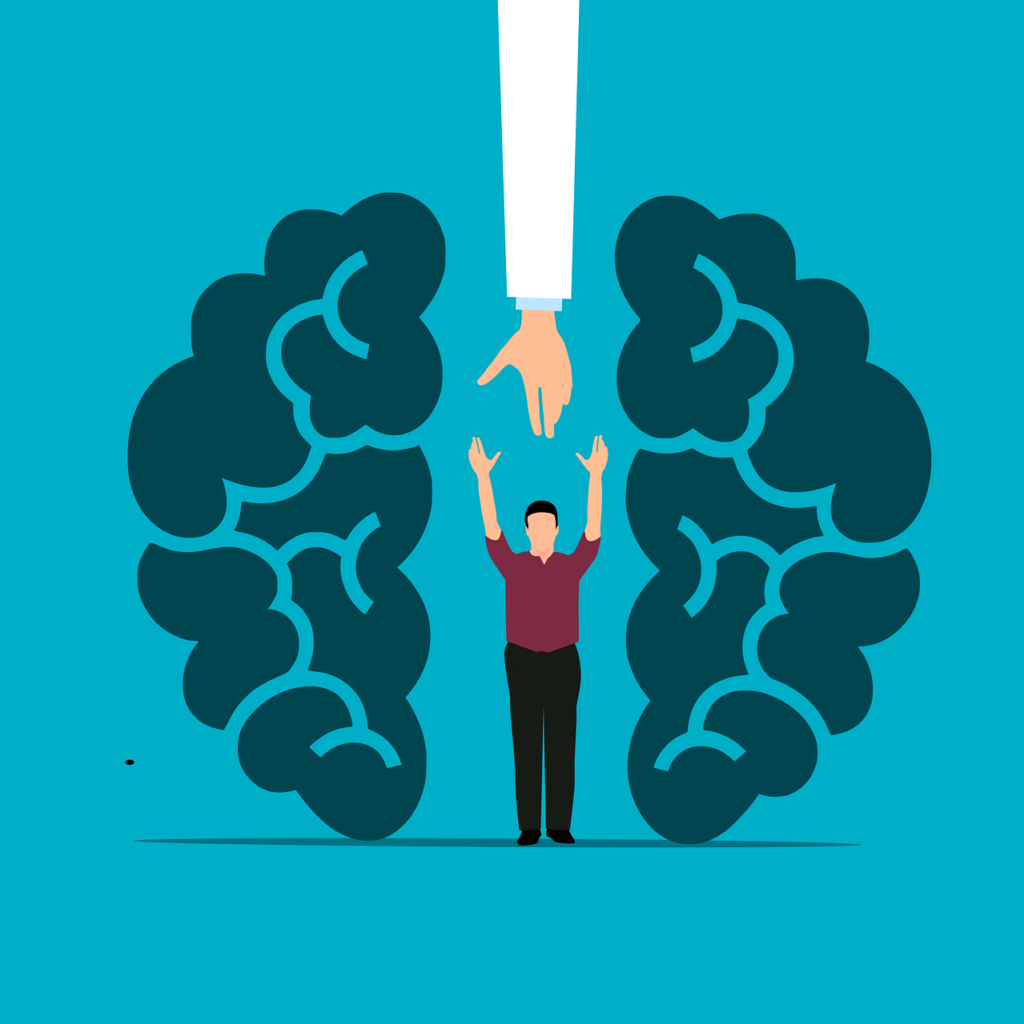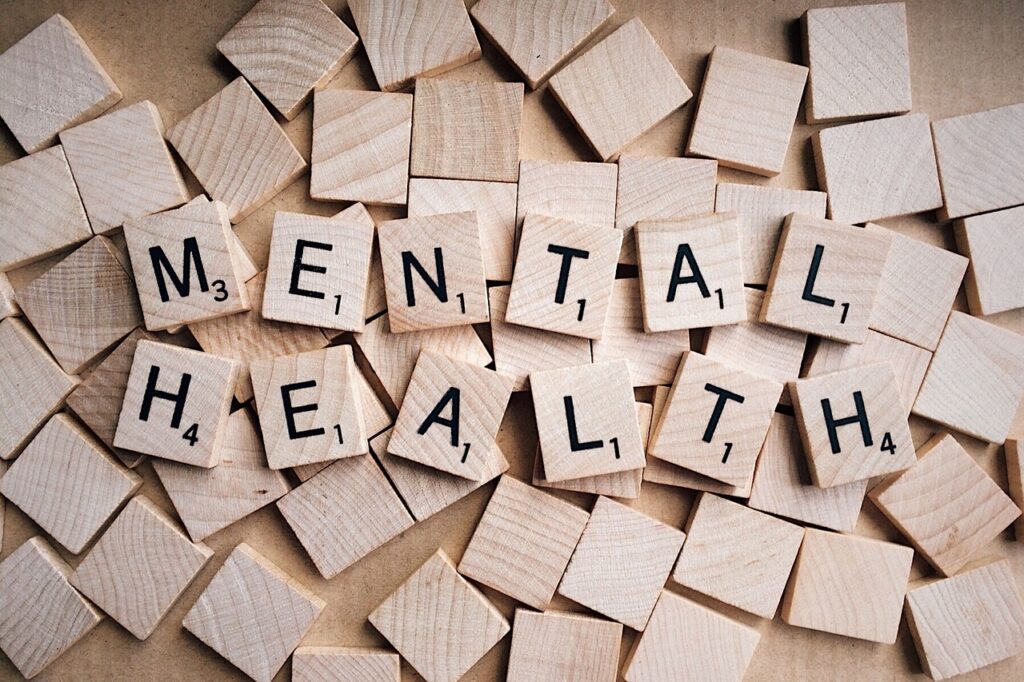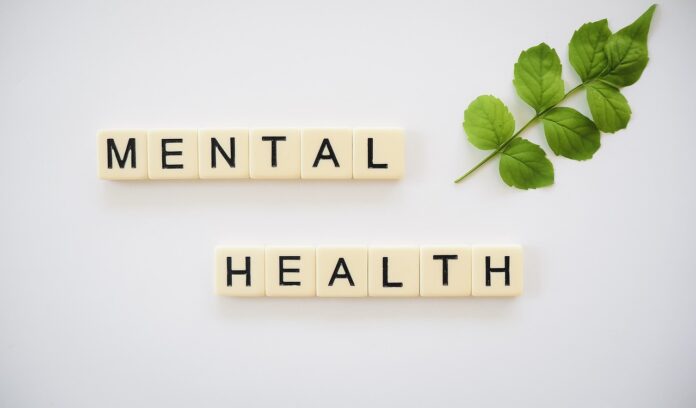Mental Health
For both mental and physical health, getting enough sleep is of utmost importance. While getting enough sleep has a significant impact on emotional stability, cognitive performance, and general mental health, getting too little sleep can cause irritation, difficulty focusing, and increased stress. Here are seven doable strategies to improve the quality of your sleep, which will benefit your mental health.
- Keep a Regular Sleep Schedule
Your body’s natural sleep-wake cycle is reinforced by a regular sleep schedule, which makes it simpler to go to sleep and wake up feeling rejuvenated. Maintaining a consistent bedtime and wake-up time, even on the weekends, helps to stabilize your mood and improve the quality of your sleep by strengthening your internal clock.
Advice: Make an effort to maintain a bedtime and wake-up time that works for your schedule and allows you to get roughly seven to nine hours of sleep each night. Long naps during the day should be avoided since they may interfere with your sleep schedule.

- Establish a Calm Nighttime Schedule
A peaceful nighttime ritual serves as a reminder that it’s time to get some rest. You may slow your heart rate, reduce tension, and assist your mind into a more relaxed state by doing things like stretching gently, reading a book, or having a warm bath.
Advice: Keep your routine easy and steer clear of potentially stimulating activities like using technology or working out vigorously. To relieve any mental stress from the day, take advantage of this opportunity to practice mindful relaxation.
Use blackout curtains to block off light, set your bedroom temperature between sixty five and sixty eight degrees Fahrenheit, and think about using white noise if you find outside noises annoying. and change yoy Mental Health
- Reduce Technology Use Right Before Bed
Computers, tablets, and phones all generate blue light, which can disrupt the production of melatonin, a hormone that controls sleep. Cutting back on screen time at least an hour before bed will help you mentally relax and support your body’s normal sleep cycles.
Advice: Rather just scrolling through your phone, try reading a book or listening to a podcast. To lessen the impact of a smartphone on your sleep, think about employing a blue light filter if you must use one .

- Pay Attention to Your Diet, Particularly Your Alcohol and Caffeine Intake
Sleep is significantly impacted by food and beverages. While alcohol can affect the quality of your sleep by interfering with the REM stage of sleep, which is essential for processing emotions and thoughts, stimulants like caffeine can make it hard to fall asleep and stay in your system for several hours. this can change your Mental Health
Advice: Limit alcohol consumption, especially right before bed, and stay away from caffeine at least six hours before bed. If you need a warm beverage to help you relax, choose herbal teas that promote sleep, including valerian root or chamomile.
- Include Exercise in Your Daily Routine
Frequent exercise enhances mood, energy levels, and stress management in addition to improving sleep.Exercise is the best way to help you and your body regulate your sleep-wake cycle. Exercising will help you get a long night’s sleep.
Tip: Try to get 20-30 minutes of moderate exercise most days, such as brisk walking or light jogging.
Steer clear of strenuous exercise right before bed because it can be too stimulating . you can checkout our About us page also
- Use relaxation techniques to control your anxiety and worries
It’s normal to lie awake at night, thinking about stressful things or fretting about the obligations of the following day.Techniques like deep breathing, progressive muscle relaxation, and mindfulness meditation can help quiet your mind and reduce the anxiety that often disrupts sleep.
Tip: Set aside a few minutes before bed to practice deep breathing or visualization exercises. Alternatively, journaling your thoughts earlier in the evening can serve as a “release,” allowing you to let go of worries more easily at bedtime.

- Take naps only to recharge, not to disturb
While naps can be a fantastic way to rejuvenate throughout the day, prolonged or erratic naps might disrupt your sleep at night. To avoid interfering with your sleep at night, try to keep naps to no more than 20 to 30 minutes, preferably in the early afternoon.
Tip: A quick “power nap” can be beneficial if you’re feeling lethargic. However, it’s recommended to completely avoid napping if you have problems falling asleep at night.
- Steer clear of the clock Observing
When attempting to fall asleep, clock watching might exacerbate tension and anxiety. It is simple to become obsessed with the number of hours you have left to sleep when you are constantly checking the time, which creates a sense of urgency that keeps you up at night.
Advice: Cover your clock with a cloth or turn it away from your bed. Instead of worrying about how much sleep you’re getting, let yourself unwind.
- If Sleep Problems Continue, Get Help
Persistent difficulty falling asleep may be a sign of a more serious illness, such as anxiety disorders, sleep apnea, or insomnia.Consulting a healthcare professional can provide you with tailored recommendations and, if needed, treatment to improve your sleep.
Tip: Don’t hesitate to reach out if you feel that lack of sleep is affecting your daily life. Healthcare providers can offer therapies like cognitive-behavioral therapy for insomnia (CBT-I), which has proven effective for many with chronic sleep difficulties.





